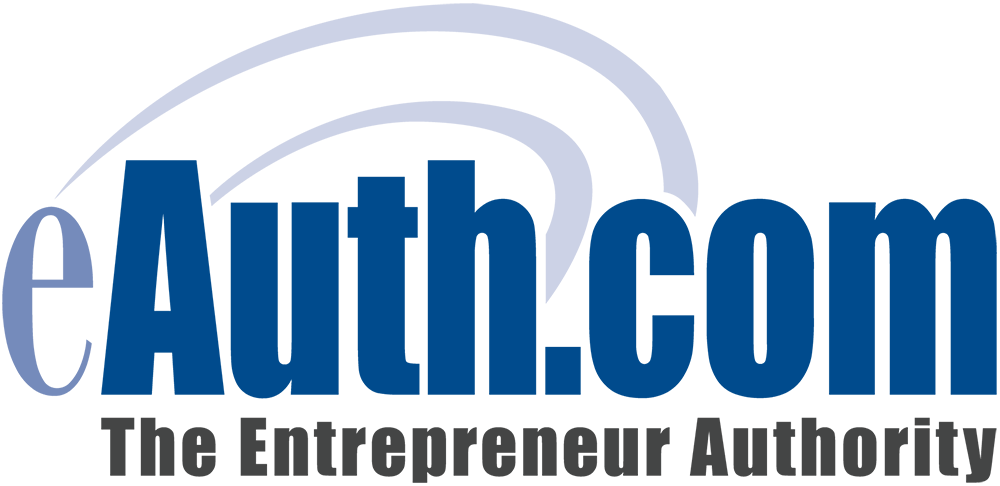Alternative Sources of Financing for Small Businesses

Getting a loan has never been easy, and funding for small businesses has been even more difficult since the financial crash of 2008. Small business lending is less of a priority for banks nowadays for a variety of reasons: high transaction costs associated with small business loans, new regulations that call for increased capital requirements against business loans, and a decrease in the number of community-focused banks. This is responsible for a 20% decline in the rate of small-business lending from before the crash, resulting in 80% of small business owners who apply for a loan being rejected, and small business loans falling to under 30% of total bank loans from previous levels of over 50% (Fundera).
For these reasons, alternative lending opportunities have dramatically increased in number to fill the void left by big banks as they reduce their small business lending. The number of angel investors seeking out promising startups has exploded, competitions where businesses compete for grants are increasing, and crowdfunding platforms like Kickstarter and Indiegogo are more and more popular. In fact, there are now 191 crowdfunding platforms active in the United States, having provided $2.8 billion in funding to small business, with Kickstarter alone having launched more than 260,000 projects (Statista).
The most promising new form of financing for small businesses is online lending. As Jamie Dimon (JPMorgan Chase CEO) put it , “Silicon Valley is coming,” saying that “there are hundreds startups with a lot of brains and money working on various alternatives to traditional banking…the ones you read about most are in the lending business.” Even Larry Summers, the former Treasury Secretary, has endorsed online lending, saying that he believes “technology based businesses have the opportunity to transform finance over the next generation.” Here are four of the most promising new online lending platforms. And remember, to learn more about entrepreneurship through franchising, and the plethora of financing available to franchisors, attend our free monthly webinar “Franchise Ownership as a More Stable Career Path” by registering at this link or by contacting The Entrepreneur Authority at (866) 246-2884.
Lending Club
Lending Club is the biggest peer-to-peer lender in the United States. A peer-to-peer lender connects investors with excess cash to borrowers directly, generally in the form of unsecured loans through the Internet. As the worlds largest online credit marketplace, Lending Club offers business loans or lines of credit of up to $300,000, with rates starting at 5.9%, making it cheap, easy, and quick to find financing for your business needs.
OnDeck
OnDeck is another online lender using technology to make borrowing quick and painless. They offer short terms loans up to $250,000 over 3-12 months, long term loans up to $500,000 over 15-36 months, and lines of credit up to $100,000 for cash when you need it. Their main focus is lending to small businesses, and they’ve already delivered over $3 billion in financing, leading to the creation of 74,000 jobs and $11 billion in U.S. economic impact.
Kabbage
Kabbage purports to be the #1 online provider of small business loans, specializing in providing lines of credit from $2,000 to $100,000. With on online approval process where it takes literally minutes to apply and receive a decision, Kabbage has funded over 100,000 small businesses with more than $1 billion in loans. Unlike OnDeck, which requires your business to have over $100,000 in annual revenues, Kabbage provides credit to businesses with at least $50,000 in annual revenues.
Headway Capital
Headway Capital is a fully online lender that provides lines of credit up to $35,000 at affordable rates. They use sophisticated analytics software to evaluate your credit worthiness using not just your credit score, but a host of other factors in a holistic review process. Headway Capital is a Chicago based subsidiary of Enova International, a leading online lender that has serviced over $15 billion in loans to more than 3 million consumers.

Leave a Reply
Want to join the discussion?Feel free to contribute!